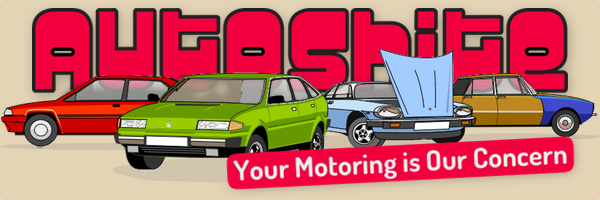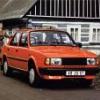Is an auto a better bet than a manual for the budget conscious motorist?
-
Similar Content
-
Cars that were unexpectedly better than you thought 1 2 3
By JJ0063,
- 74 replies
- 6,804 views
-
Automotive diamonds in the rough.. cars which proved themselves to be far better than anyone expects
By RoverFolkUs,
- 10 replies
- 1,790 views
-
- 4 replies
- 594 views
-




Recommended Posts
Create an account or sign in to comment
You need to be a member in order to leave a comment
Create an account
Sign up for a new account in our community. It's easy!
Register a new accountSign in
Already have an account? Sign in here.
Sign In Now